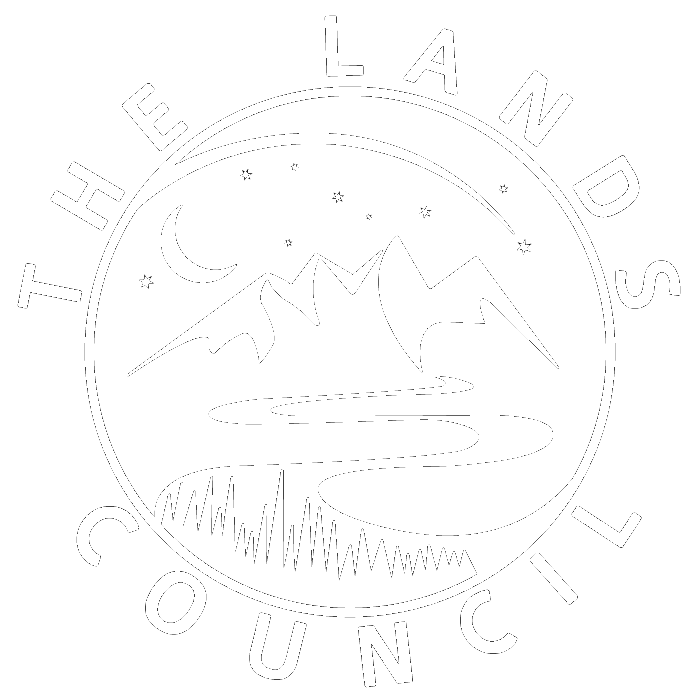By Mike Petersen
The Lands Council has just embarked on a new strategy to reduce PCB’s (polychlorinated biphenyls) in the Spokane River! With the support of the Spokane River Regional Toxics Task Force, we are starting a national campaign to reduce PCB’s contained in newsprint ink, paint, and other products. Spokane, in large part due to the Task Force, is a national leader in raising the issue of inadvertent PCB's (IPCB’s). While the production of PCB’s were banned in the early 1980’s they are inadvertently produced in certain processes involving chlorine and high temperatures. As more municipalities are facing challenges in meeting water quality standards, there is a need to create a national effort to reduce iPCB's in products.
The Spokane River continues to exceed water quality limits for PCB’s, which ultimately concentrate in fish, and pose health hazards when the fish are consumed. The Lands Council will start a national campaign to update the Toxic Substances Control Act (TSCA) to reduce the amounts of iPCB’s that are allowed in products such as paints, inks and pigments. We will inform product supply chains and communities across the country about iPCB’s and work to lower the allowable amounts. At a workshop on this topic several product manufacturers said that they supported reducing iPCB’s in products, A recent presentation by Living Ink highlighted a new way to create a black newsprint ink that is likely to have much lower amounts of iPCB’s – made in a process similar to how we are making biochar.
PCB's from ink and pigments are making their way into the river from dischargers, such as Inland Empire Paper (IEP), and wastewater treatment plants, as well as non-point sources such as stormwater. As legacy PCB's are cleaned up, and slowly declining, iPCB's will become a larger percentage of the total PCB's. Since water quality standards are not being met, and iPCB's are contributing to exceedances, it makes sense to reduce the input of iPCB's in products that eventually enter the river.
Our unique collaborative Task Force positions us to consider the interests of diverse parties, including the ink and pigment manufacturing supply chain. Working together, we can find ways to reduce the iPCB’s entering the Spokane River. These iPCB’s are not originating locally but from many diverse sources. For example, Inland Empire Paper recycles paper from distances as far as 1500 miles from Spokane, including the U.S. and Canada. Therefore a national, if not international solution is needed to reduce PCB sources to the Spokane River. The EPA’s allowable limit under TSCA in products is 294 million times more than WA State’s current water quality standard that was set by the EPA. We hope to narrow this inconsistency with our national efforts.

